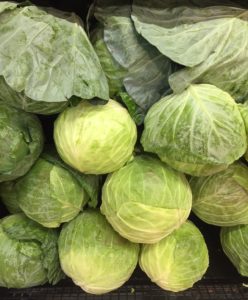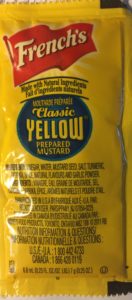When I was a boy I almost always had a newspaper route, The Gadsden Times when I was 10 years old and, after we moved to Charlotte, The Charlotte News and, later, The Charlotte Observer.
When I was 12 and 13 years old, delivering The News to families who lived in North Charlotte, I found out what poor smelled like.
North Charlotte is evolving into an expensive, artsy kind of place now but in 1950s it was home to white, cotton mill workers. I delivered the afternoon paper there six days a week and then went to my customers’ homes on Friday night or Saturday morning to collect 35 cents, the price of a week’s papers.

When they opened the front door, especially in the winter, I could see and smell poverty.
The front room – the living room– would often be closed off, so they wouldn’t have to heat it. And if they had what they considered to be nice furniture it would be covered with white sheets, year around, to keep the sofa and chairs nice for company.
The smell of poverty met me when they opened the door: the odor of coal or kerosene burning in a heater; cabbage cooking on the stove; and stale cigarette smoke.
Coming Friday: Two Acres For A Quarter
